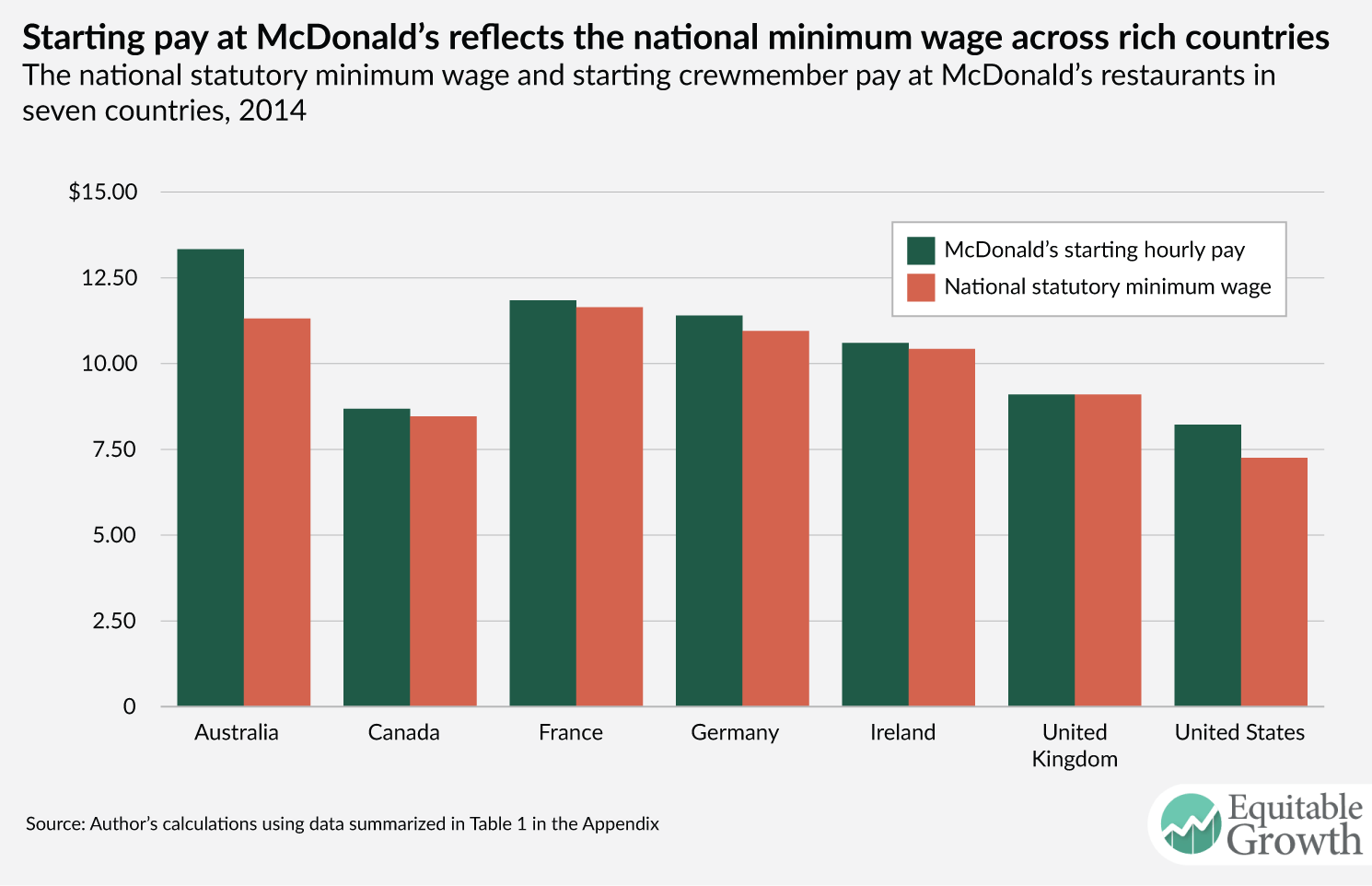Weekend reading: “mind the gap” edition
Equitable Growth round-up
Research has documented how the gender pay gap widens over a lifetime, but where does it come from? Is it because men are more likely to get promoted or secure higher wages? Or do men go out and finds jobs at a higher rate, and secure better salaries when they do? New research digs into these questions.
Nick Bunker takes a look at the mortgage interest deduction, the benefits of which flow disproportionately to those near the top of the income spectrum.
Despite the growing interest from policymakers, the data show that the online gig economy may not be as big as many people think. But there should be concern about the rise of other types of “alternative work arrangements” created by companies’ increasing contracting out labor.
As central bankers prepare to reduce the amount of assets held by the Federal Reserve in an attempt to “normalize” monetary policy, Nick Bunker argues that a return to normalcy might not be the best option.
Links from around the web
As manufacturing jobs have vanished in many regions within the United States, Alana Semuels reports that a growing number of men are turning towards jobs that are traditionally dominated by women, especially within the healthcare sector. [the atlantic]
Despite a growing use of seemingly productivity-enhancing technologies, the U.S. has experienced a slowdown in productivity growth in recent years. Noah Smith argues that it’s possible that we actually are getting things done in a more efficient manner—but are using the extra time to goof off at work. [bloomberg view]
Tanvi Misra writes about new research finding that between 1880 and 2010, black Americans had much lower rates of upward mobility compared to their white counterparts that started from the same economic position. [city lab]
Even with an improved economy and a stronger housing market, homeowners are moving less. Conor Dougherty looks at how a steady rise in interest rates are deterring people from buying new homes, which could have an impact throughout the economy. [new york times]
The rich are living longer than the poor, which has implications beyond our physical well-being. Michael Hiltzik writes about how the growing disparities in life expectancy is making Social Security less progressive: Originally designed to help lower-income Americans, Social Security is now paying higher-income Americans more than those that are less well-off. [los angeles times]
Friday figure

From “The importance of raising the minimum wage to boost broad-based U.S. economic growth.”

